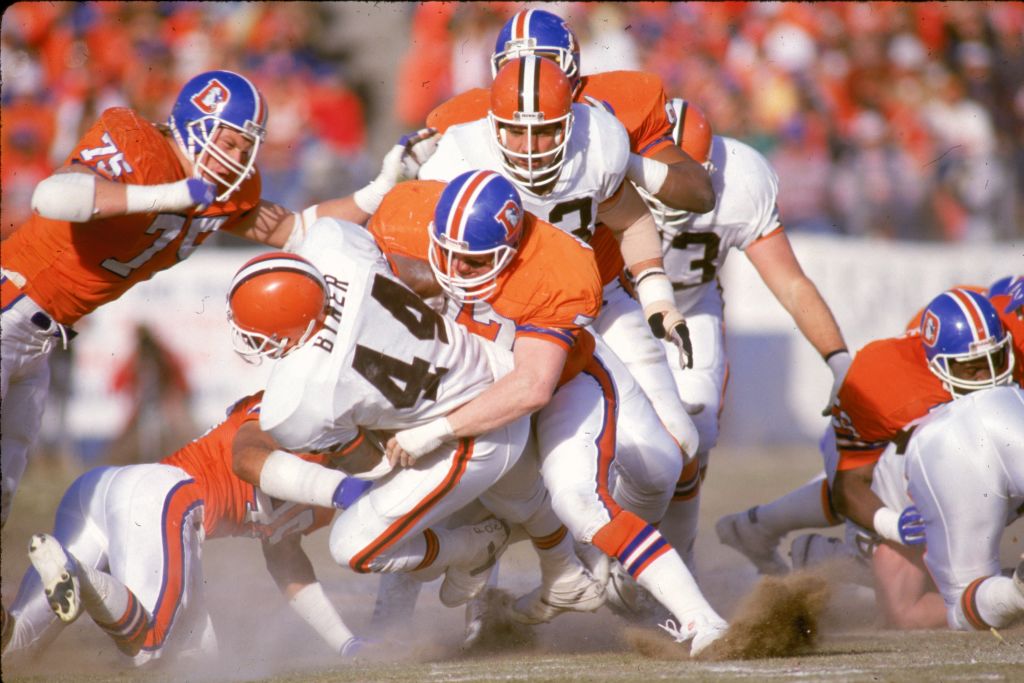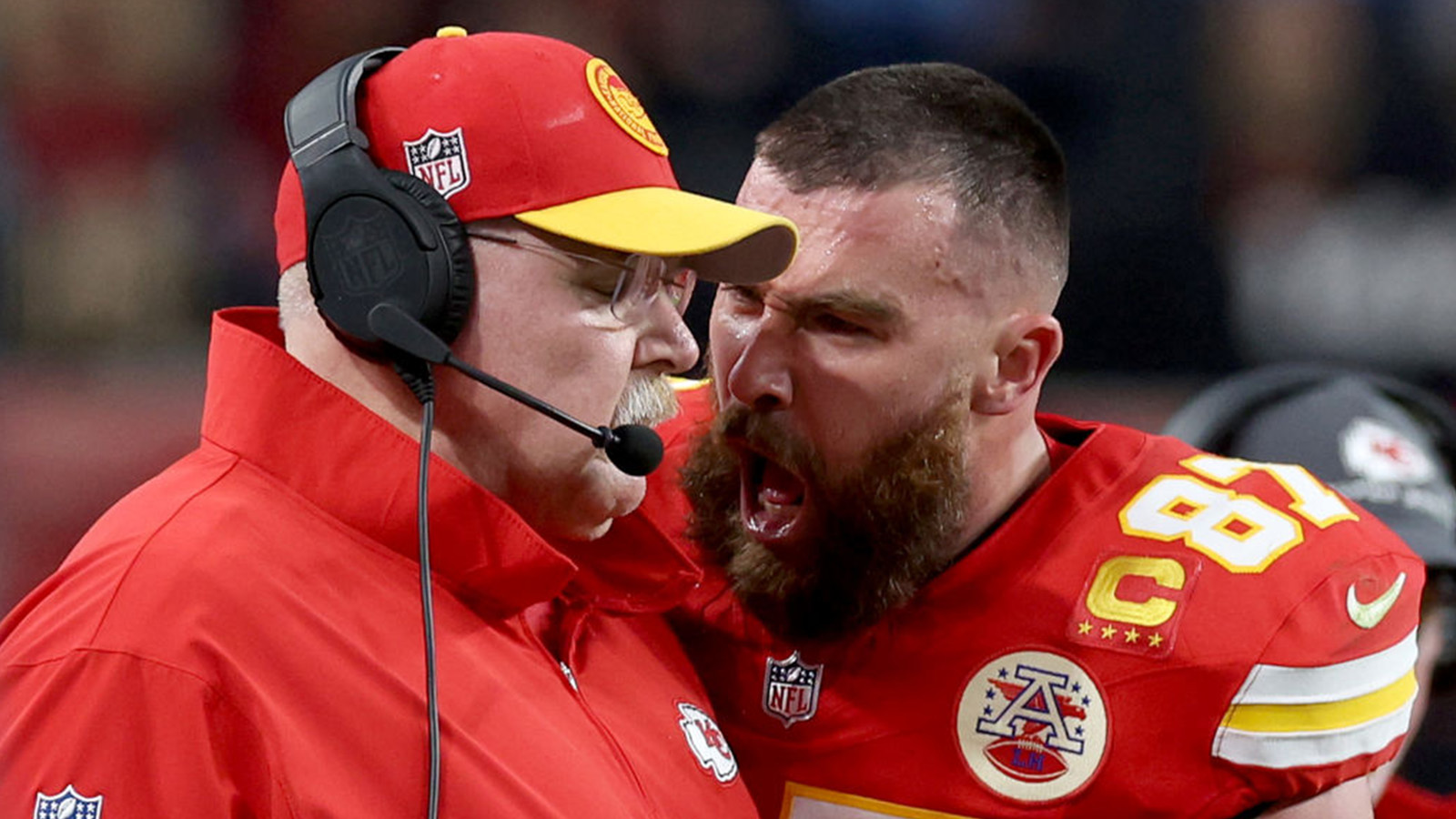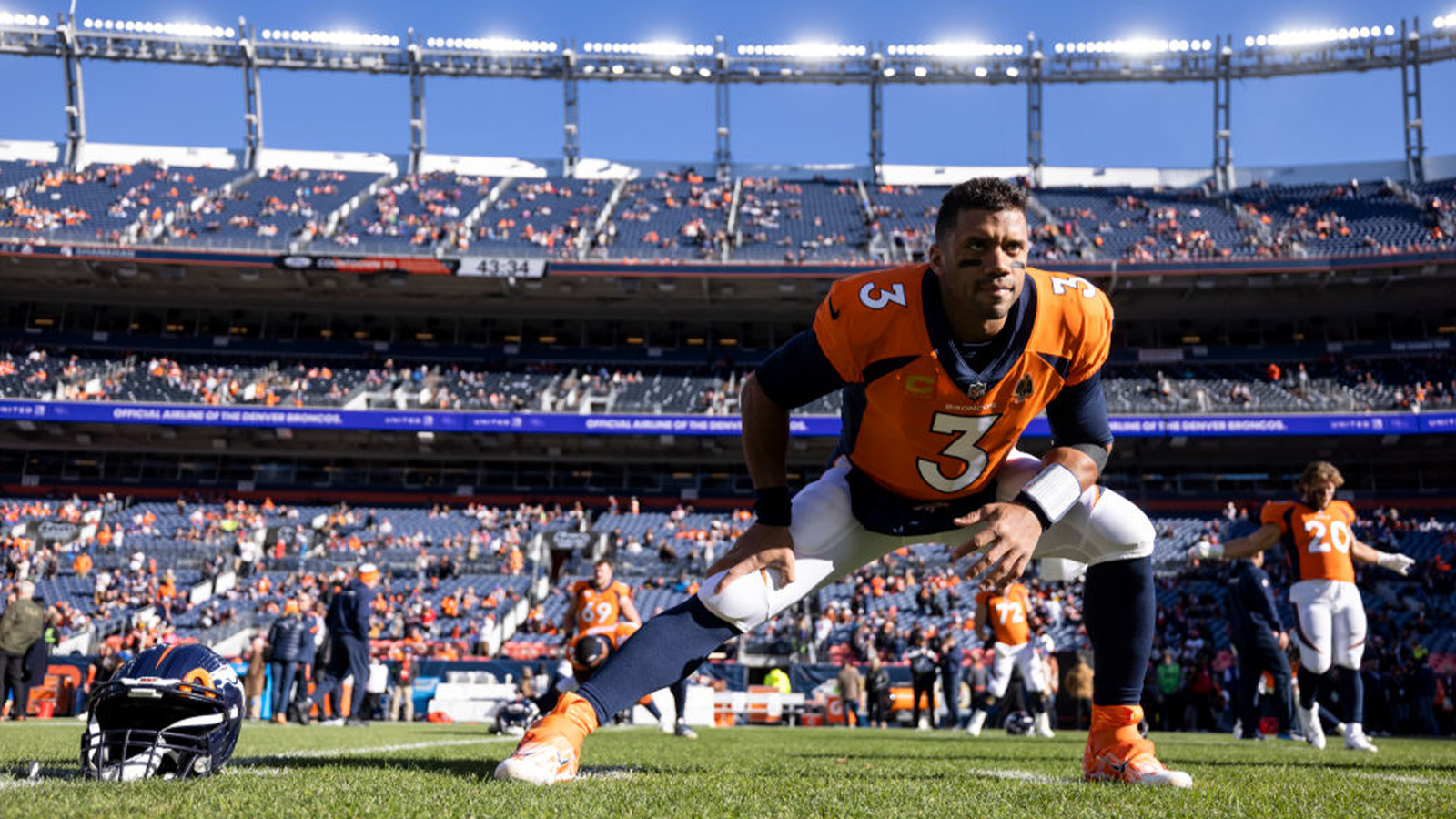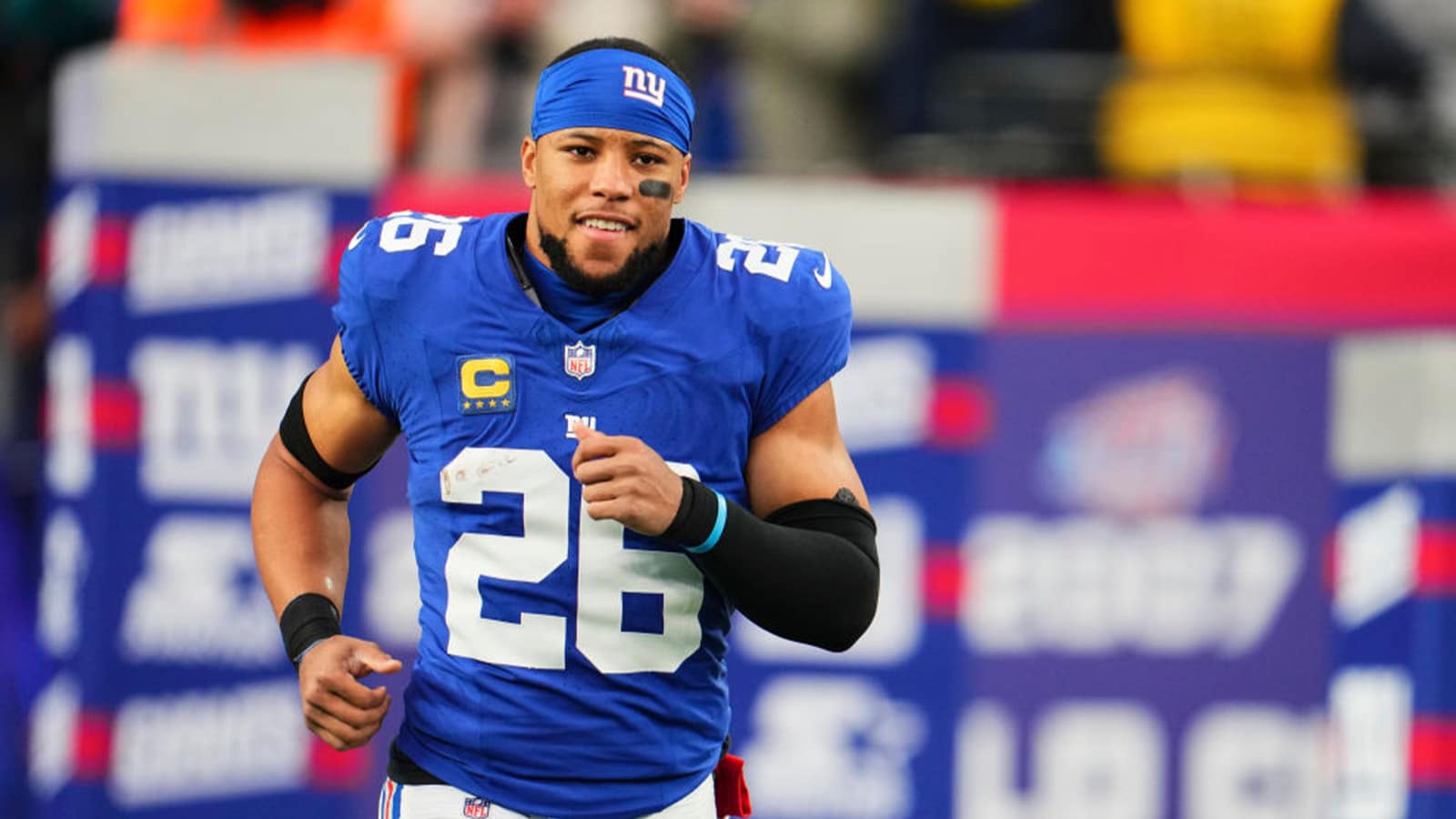
Earnest Byner Has Finally Stopped Letting ‘The Fumble’ Define Him
One play haunted Earnest Byner for years. Actually, that same play has haunted Cleveland Browns fans for years. It was a fumble that cost the Cleveland Browns a chance to tie the Denver Broncos in the 1987 AFC Championship Game. Byner, the Browns running back, appeared to be heading into the end zone with 1:12 left in the game and his team trailing 38-31, but he never got there. Denver’s Jeremiah Castille came in and stripped the ball, breaking the hearts of Browns fans.
Earnest Byner’s NFL career
Earnest Byner spent 14 seasons in the National Football League. He was drafted in the 10th round of the 1984 NFL draft by the Cleveland Browns and proved to be a steal. He played his college football at East Carolina where he played four seasons and finished his career with 11 rushing touchdowns.
As a rookie with the Browns in 1984, Byner played in all 16 games, starting three of them. He carried the ball 72 times, averaging 5.9 yards per carry. In his second season with the team, he became more involved with the offense, starting 13 games and rushing for 1,002 yards. He scored eight touchdowns. He played five seasons with the Browns before being traded to the Washington Redskins prior to the 1989 season.
With the Redskins, Byner made the Pro Bowl twice. He spent five seasons in Washington and had 25 touchdowns and rushed for 3,950 yards. During the 1990 season, his first Pro Bowl year, Byner was a workhorse, leading the league in rushing attempts with 297. In 1992, he won a Super Bowl with the Redskins and caught a touchdown pass in the game. He went back to Cleveland for the 1994 and 1995 seasons and then finished his career with two years in Baltimore with the Ravens.
‘The Fumble’ in the AFC title game
Earnest Byner was having himself quite a game. His Cleveland Browns were trailing the Denver Broncos 38-31 with less than two minutes to go and his team was driving for a game-tying score. Byner had rushed for only 67 yards to that point but he did have a touchdown. Where Byner was dominating was in the passing game. He had a team-high 120 yards receiving and caught a 32-yard touchdown pass from Bernie Kosar.
The Browns were on the road in a hostile environment and were playing in a high-scoring game with the stakes very high. The winner would go on to play in Super Bowl XXVI. The Browns were coming off a devastating loss to the Broncos the year before in the AFC title game when John Elway drove his team 98 yards in the final minutes for a game-tying score in a game the Broncos won in overtime.
With 1:12 remaining, Byner took the handoff from quarterback Bernie Kosar on a draw play and was hit by Jeremiah Castille just before the 1-yard line. The Broncos recovered, Byner never did. “After the fumble I was never as free of a football player,” he said in an ESPN story. “I was still playing good. I was still playing at a high level, but because of how I took that and how I allowed other people to influence how I took it, it was something that did really start to kind of take [over] me from inside out. I had to actually forgive myself after a while.”
Byner can relate to Saints cornerback Marcus Williams
When New Orleans Saints cornerback Marcus Williams missed a tackle on the final play of the game in the 2018 NFC Divisional Game that allowed the Minnesota Vikings to advance to the NFC title game, Earnest Byner hurt for Williams. He understood. Byner sent Williams a video message telling him to “live, learn, and grow.” He said to accept his part of the role he played in the game, but not to accept blame for the loss.
He told Williams to look the issue straight in the eye and deal with it. Don’t let it linger. Byner admitted he held on to it too long. “It took me years and years to get over it, and to recognize that the process that I sent out to Marcus is something that really needs to happen in short order,” Byner told Mile High Sports. “It does not need to happen the way I carried ‘The Fumble.’ I carried that for years and years and years — and I was never the same player. I never had the same type of freedom of expression on the football field after ‘The Fumble’. And the reason? I never looked at that play. I never looked at that game.
“The main reason is to look back at it; understand what happened,” Byner continued. “Look at it in a way that you can take it, learn from it, grow from it — because every time you look at it, you’re going to see something a little bit different that you could have done.”



